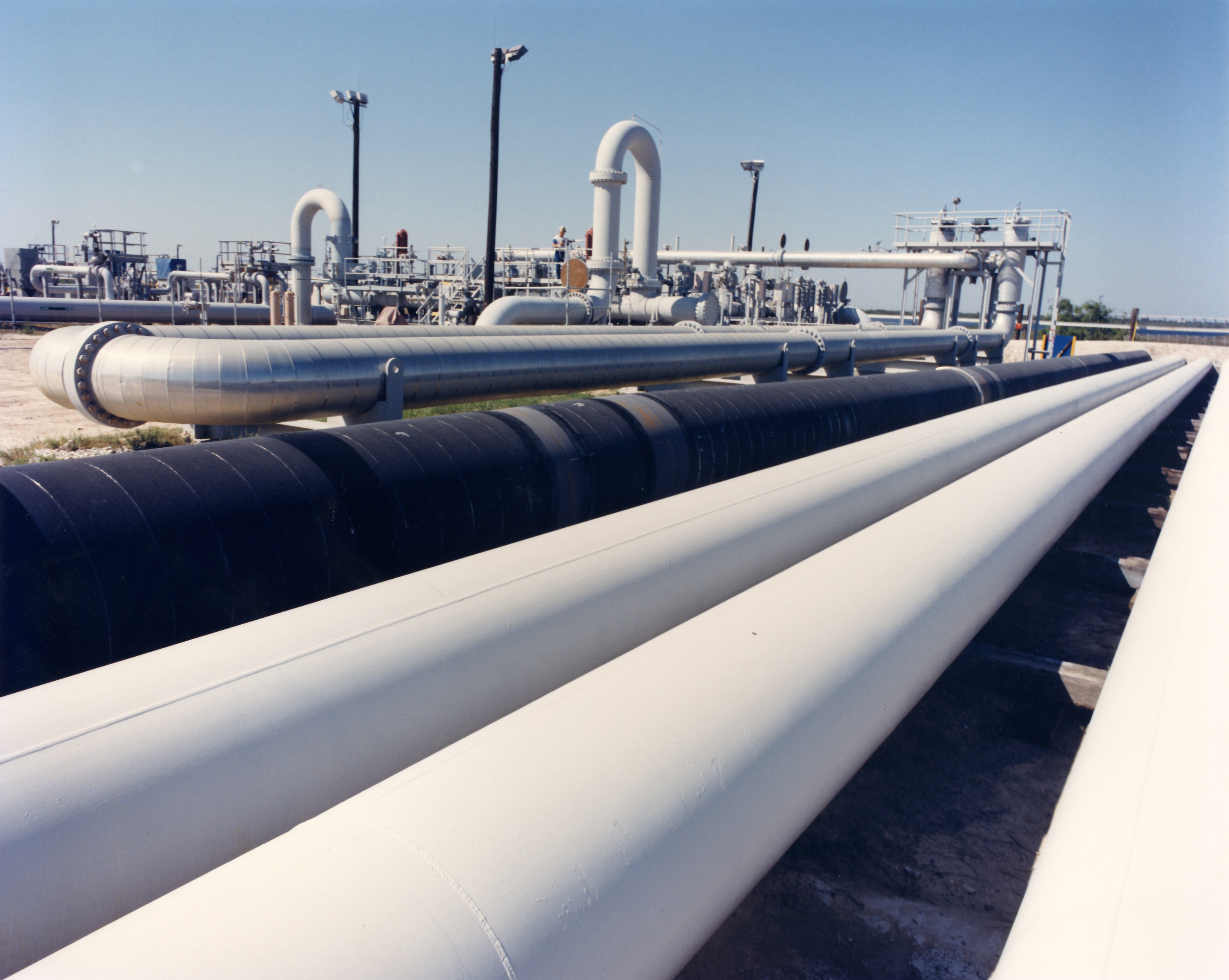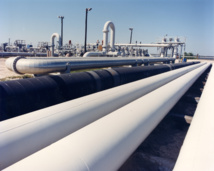What unexpected events can occur in the energy sector in 2016?
№1
Less than $ 30 per barrel at the end of 2016. With oil prices around $ 35 now, it is not difficult to believe that they will drop to $ 30 a barrel at some point in the near future (but only for a short period of time).
Many probably may get be surprised if oil sink below $ 30 at the end of 2016. The fact is that current prices reflect the low the economy began to weaken from mid-2014, and are a harbinger of a future recession in the world with a peak at the end of 2016.
Also there are Iran, which will greatly increase oil surplus on the market (once the sanctions are lifted), and the OPEC eager to destroy all rivals in the US shale.
All this can lead to a real collapse in oil prices, and to a level of $ 20 per barrel.
№2
Decrease in natural gas production in the United States. Now, despite record low gas prices, its production in the US continues to increase.
The increase occurs mainly due to two places: the gas field Marcellus Shale in Pennsylvania (economic profitability at prices ranging from $ 3 to $ 4 per 1 thousand. Cu. Feet) and a shale oil field in Texas (where gas is produced simultaneously with oil at minimum cost).
In today's market, natural gas costs about $ 2, making production unprofitable in the Marcellus Shale.
However, even despite the losses, 2016 will only slow down production of "blue fuel" in the United States, as mining companies have a huge debt burden, and they will go all lengths to service debts.
№3
Several projects for the production of export liquefied natural gas (LNG) approved in the US will be postponed or even canceled.
First, despite the increase in gas production in the US, its volume is barely enough to meet the growing domestic demand.
Secondly, LNG cost of in the world market today fluctuates between $ 6 to $ 7, making export of liquefied gas from US disadvantageous, since it costs at least $ 8 to manufacturers.
№4
Bipartisan support of laws to combat global warming in the US Congress.
Until recently, few people expected something from the climate conference in Paris. However, the participants (despite differences) have managed to sign an agreement to limit emissions of carbon dioxide. While mechanisms for the project’s realization are still unclear, the result nonetheless evident.
The same thing can happen to the climate bill stuck in the corridors of the US Congress. During the presidential election campaign, Republicans and Democrats can go to the most unexpected compromises.
№5
Decline of world oil production.
According to the US Energy Information Administration, world production of crude oil, including gas condensate, increased by 15.7% in the nine-year period up to 2005. In the nine-year period from 2005 to 2014, production grew by only 5.3%, even despite record high prices and investment.
If the world production stumbles and fall, then it will fall over the fact that oil companies will dismantle wells because of their loss, and delay development of new shale deposits waiting for higher prices.
based on bloomberg's materials
№1
Less than $ 30 per barrel at the end of 2016. With oil prices around $ 35 now, it is not difficult to believe that they will drop to $ 30 a barrel at some point in the near future (but only for a short period of time).
Many probably may get be surprised if oil sink below $ 30 at the end of 2016. The fact is that current prices reflect the low the economy began to weaken from mid-2014, and are a harbinger of a future recession in the world with a peak at the end of 2016.
Also there are Iran, which will greatly increase oil surplus on the market (once the sanctions are lifted), and the OPEC eager to destroy all rivals in the US shale.
All this can lead to a real collapse in oil prices, and to a level of $ 20 per barrel.
№2
Decrease in natural gas production in the United States. Now, despite record low gas prices, its production in the US continues to increase.
The increase occurs mainly due to two places: the gas field Marcellus Shale in Pennsylvania (economic profitability at prices ranging from $ 3 to $ 4 per 1 thousand. Cu. Feet) and a shale oil field in Texas (where gas is produced simultaneously with oil at minimum cost).
In today's market, natural gas costs about $ 2, making production unprofitable in the Marcellus Shale.
However, even despite the losses, 2016 will only slow down production of "blue fuel" in the United States, as mining companies have a huge debt burden, and they will go all lengths to service debts.
№3
Several projects for the production of export liquefied natural gas (LNG) approved in the US will be postponed or even canceled.
First, despite the increase in gas production in the US, its volume is barely enough to meet the growing domestic demand.
Secondly, LNG cost of in the world market today fluctuates between $ 6 to $ 7, making export of liquefied gas from US disadvantageous, since it costs at least $ 8 to manufacturers.
№4
Bipartisan support of laws to combat global warming in the US Congress.
Until recently, few people expected something from the climate conference in Paris. However, the participants (despite differences) have managed to sign an agreement to limit emissions of carbon dioxide. While mechanisms for the project’s realization are still unclear, the result nonetheless evident.
The same thing can happen to the climate bill stuck in the corridors of the US Congress. During the presidential election campaign, Republicans and Democrats can go to the most unexpected compromises.
№5
Decline of world oil production.
According to the US Energy Information Administration, world production of crude oil, including gas condensate, increased by 15.7% in the nine-year period up to 2005. In the nine-year period from 2005 to 2014, production grew by only 5.3%, even despite record high prices and investment.
If the world production stumbles and fall, then it will fall over the fact that oil companies will dismantle wells because of their loss, and delay development of new shale deposits waiting for higher prices.
based on bloomberg's materials



















